
https://store.steampowered.com/app/632470/Disco_Elysium/
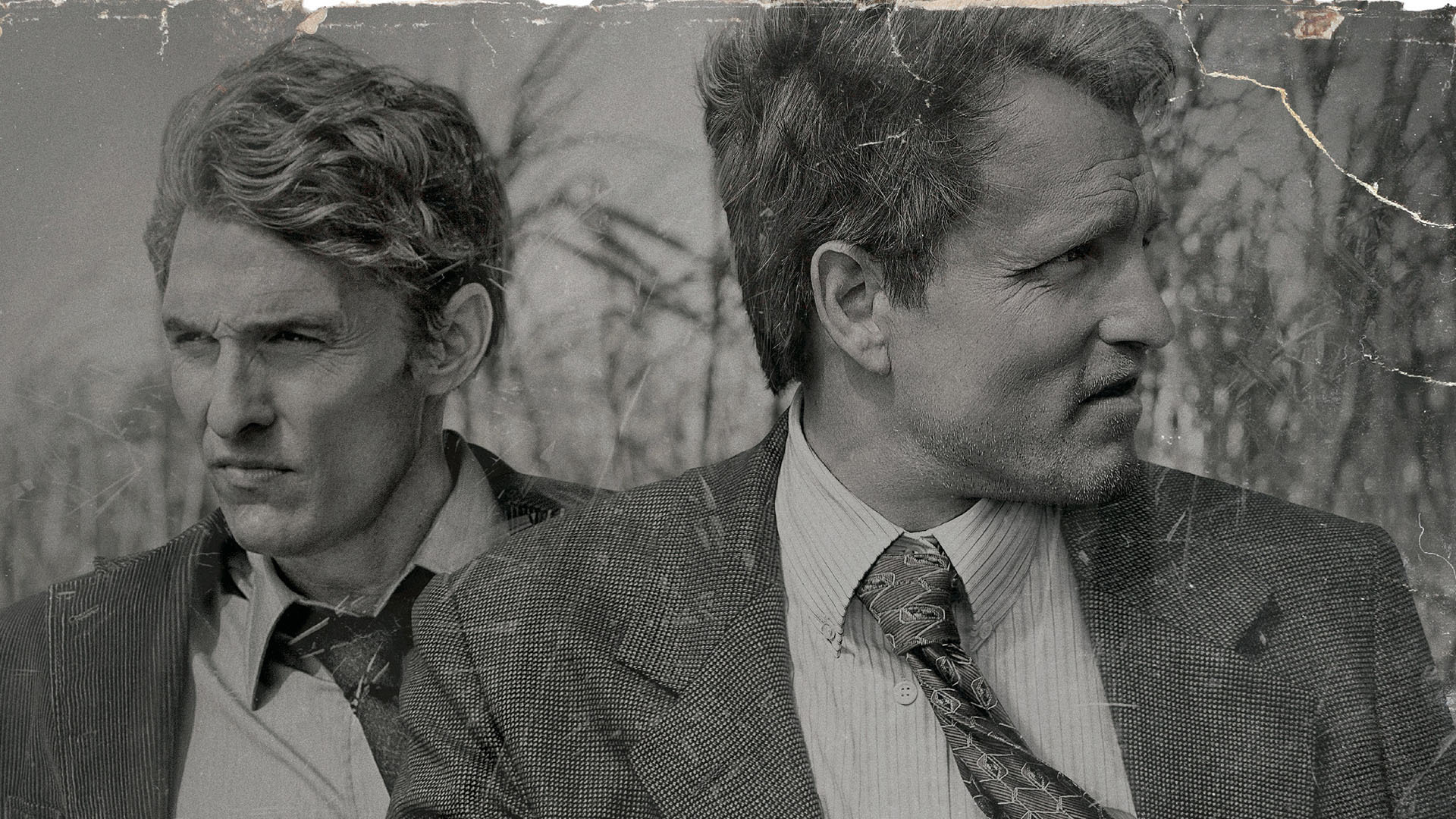
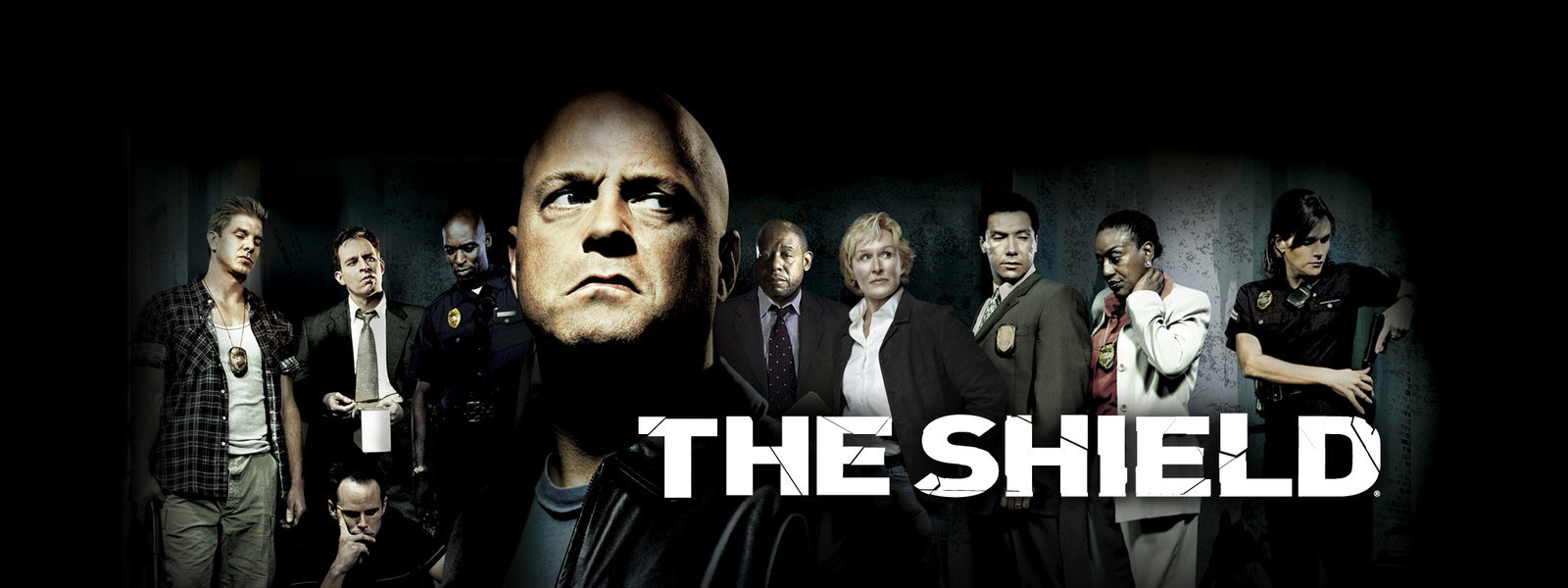
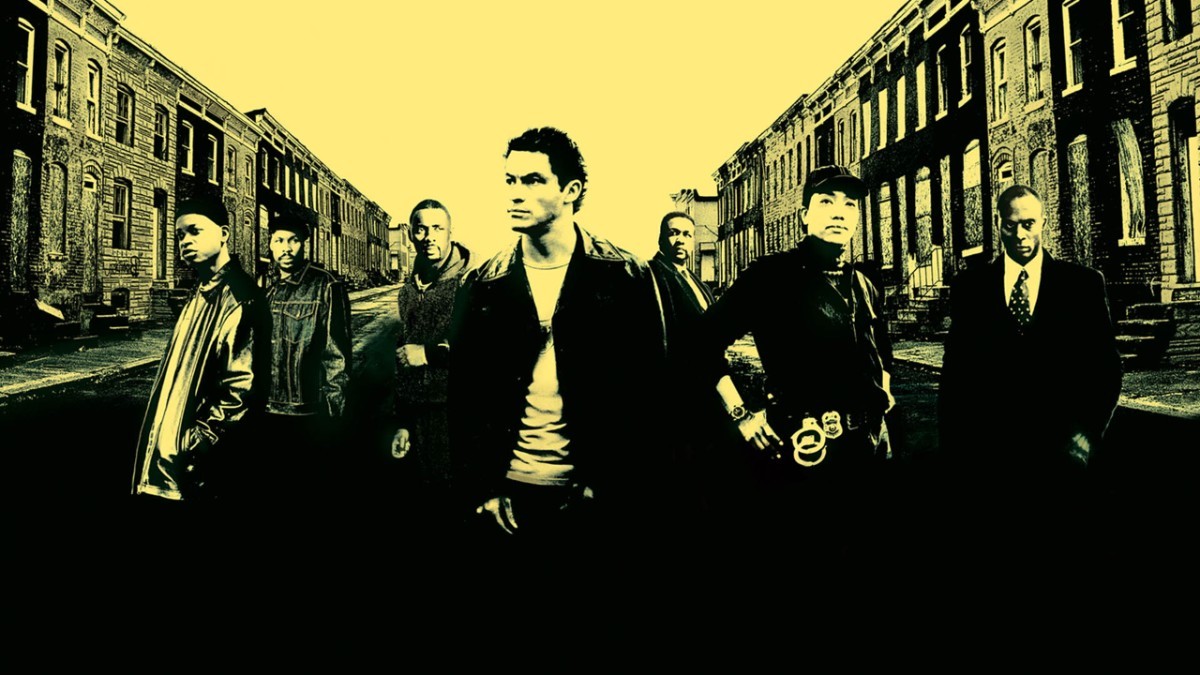
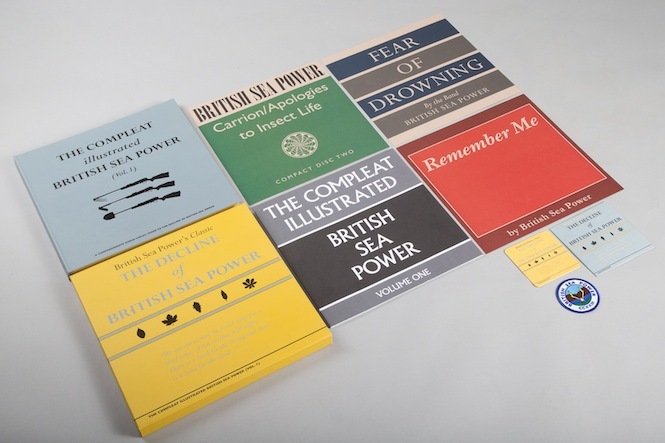
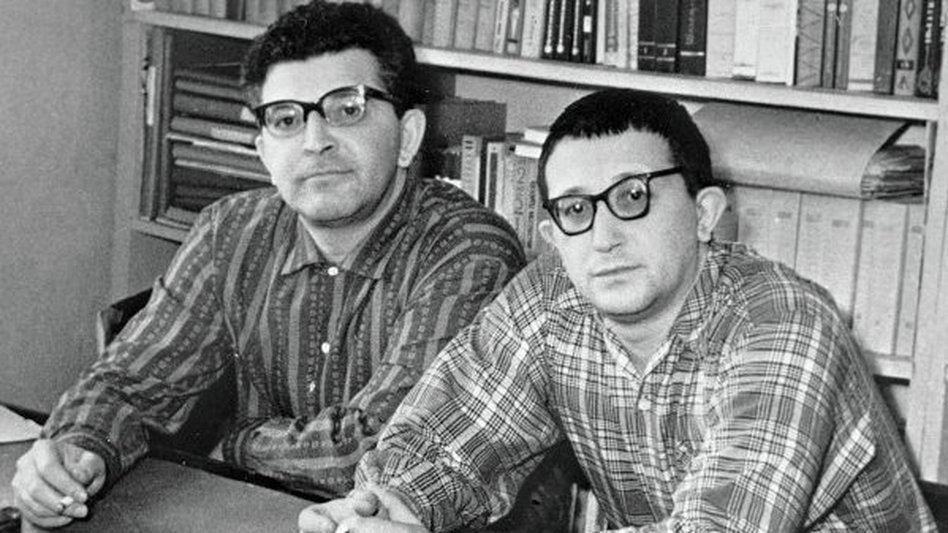
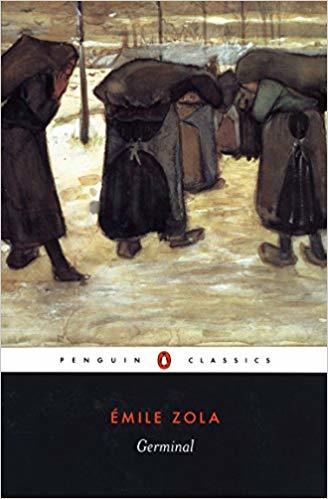
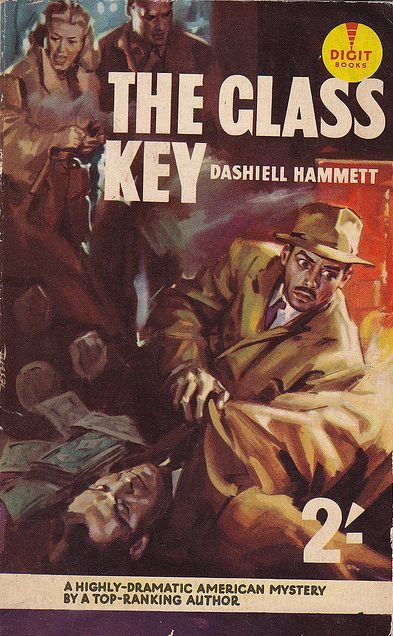
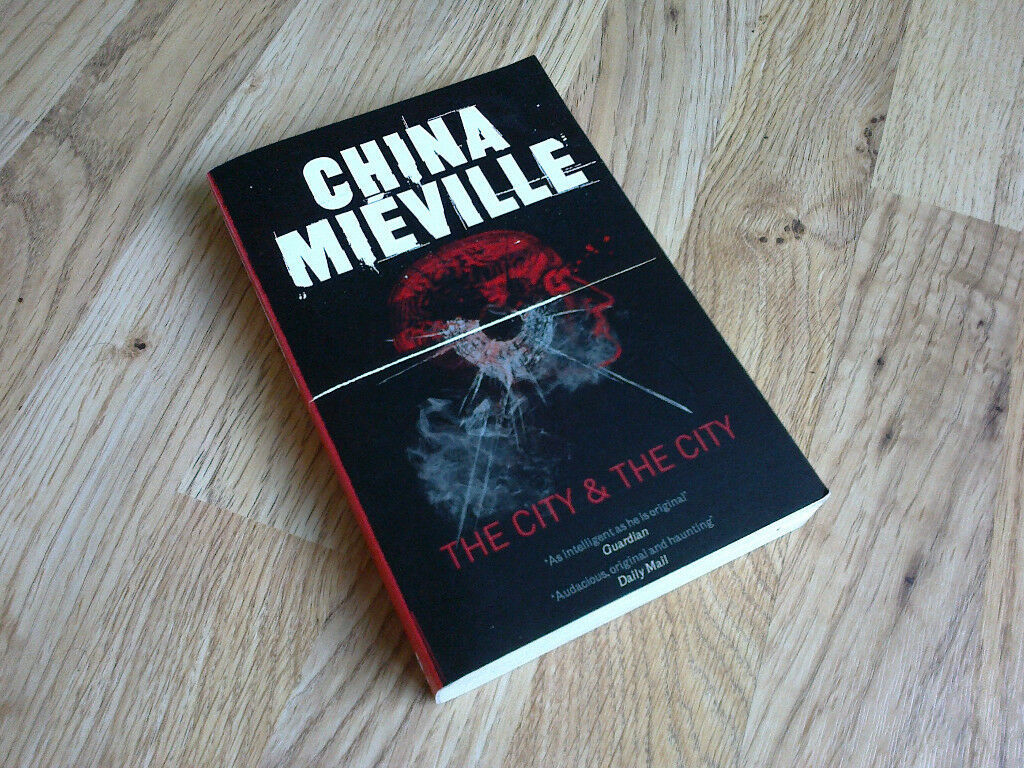
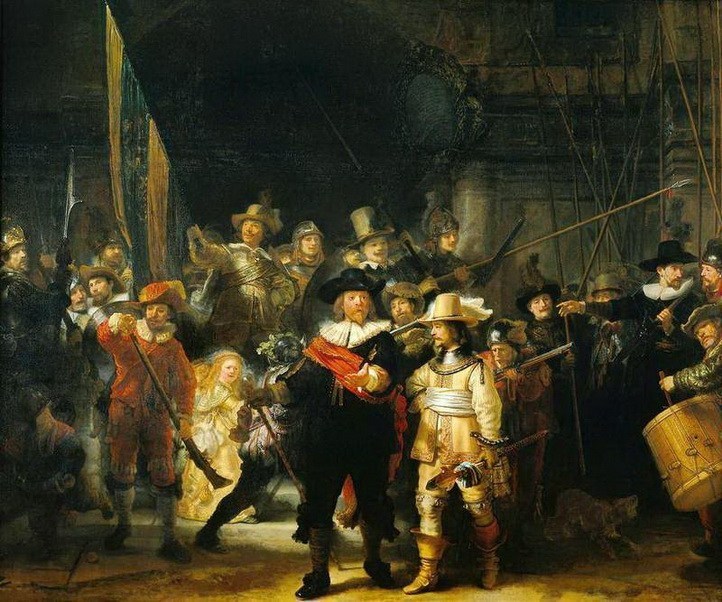
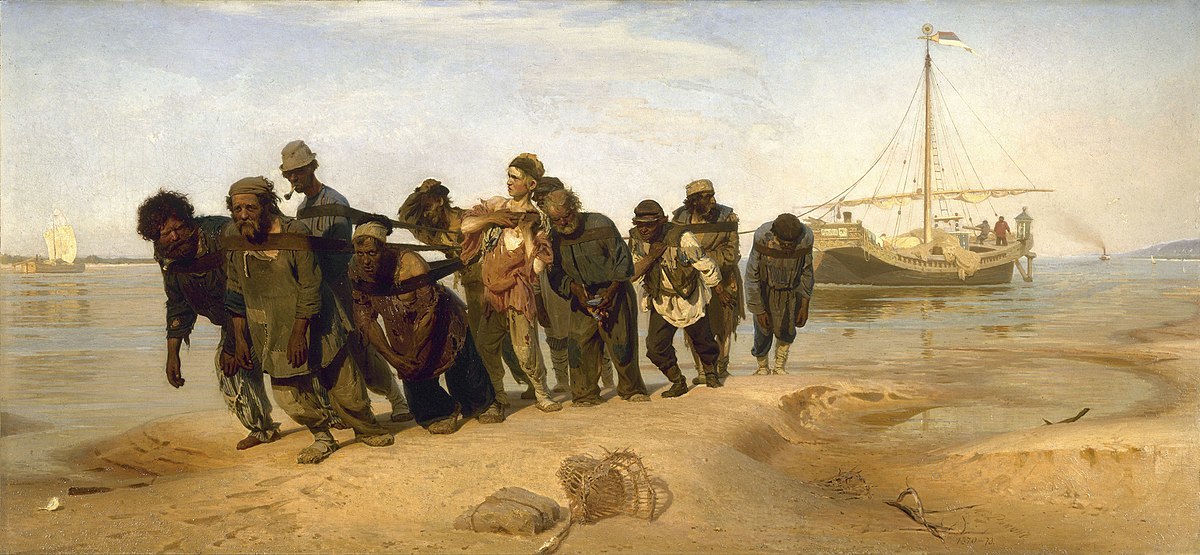
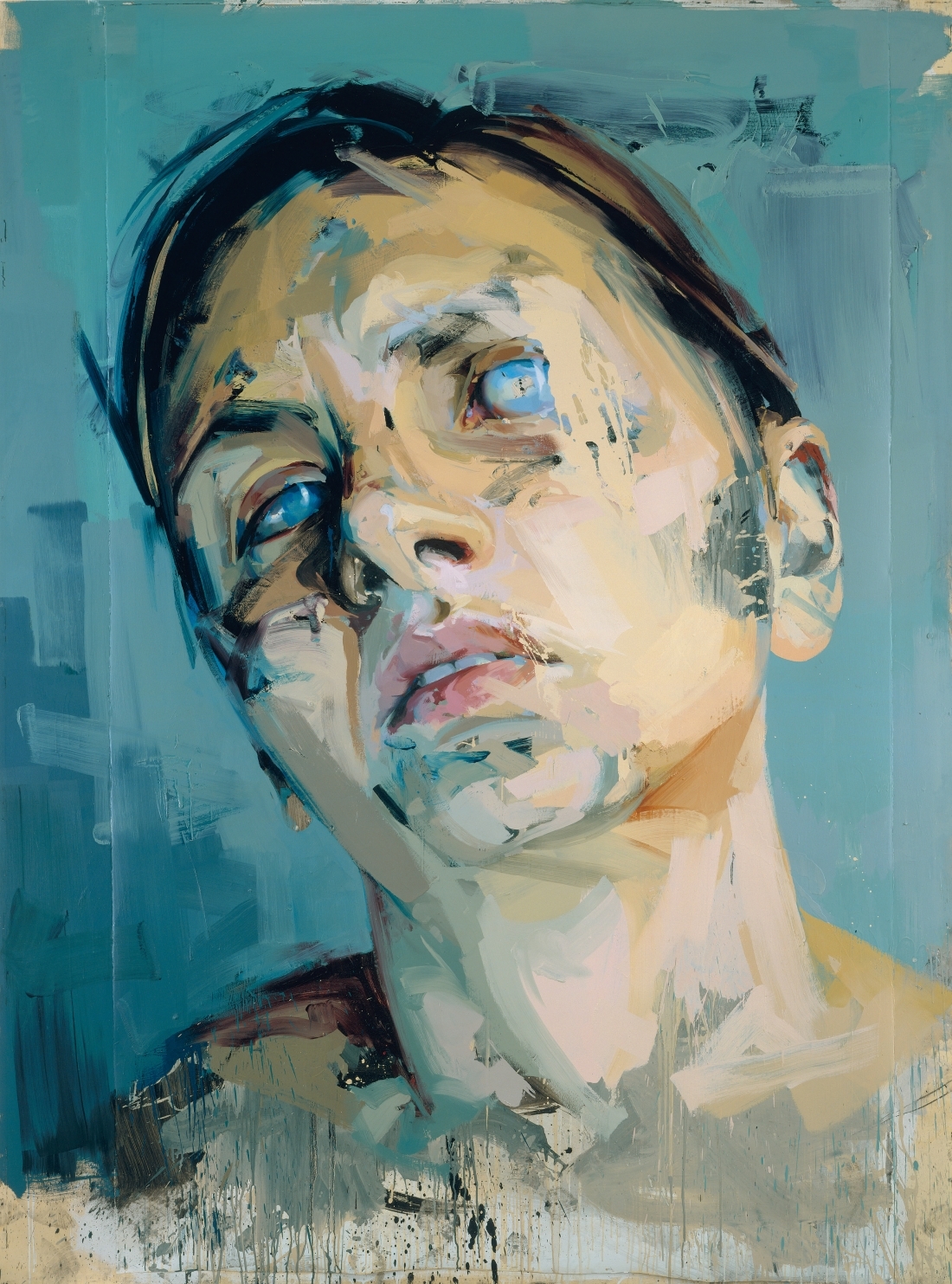
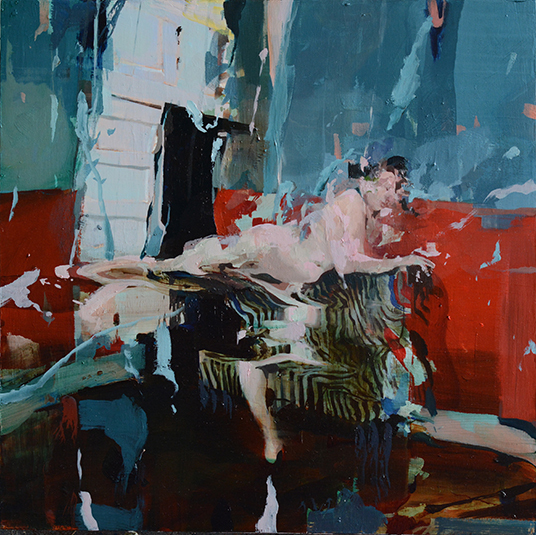
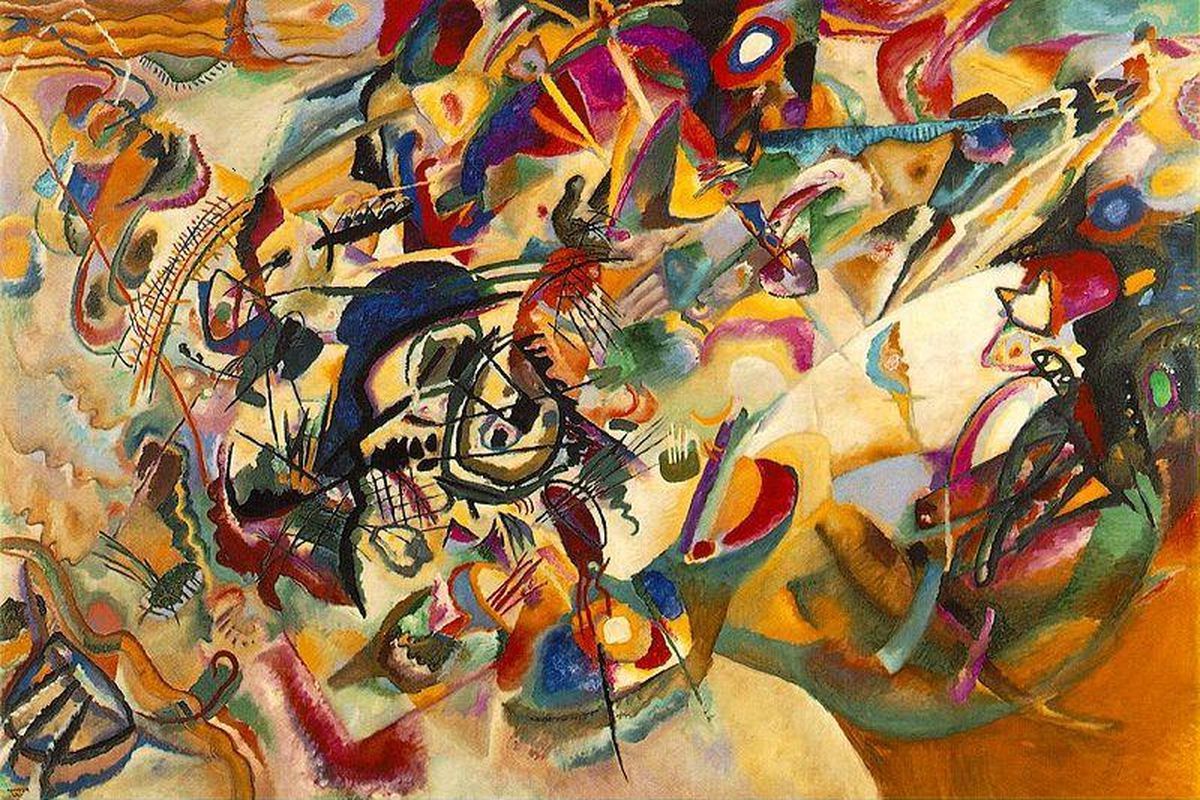
















Disco Elysium was by and far my own game of the year for 2019 and it made RPS’s list of best PC games of 2019 as well. Its gritty, ugly characters are memorable and its plot, despite quickly getting convoluted, is as hard to look away from as the latest original series from your TV subscription of choice. Rather than other text-heavy RPGs, though, lead writer Robert Kurvitz says that Twitter was what ZA/UM felt they were competing with for players’ attention.

PC Gamer has been seduced by an amnesiac detective with a penchant for asking weird questions that make everyone feel uncomfortable. Disco Elysium, our 2019 Game of the Year, subverts the RPG systems we've become so familiar with and swaps the challenge of combat—which is non-existent—for challenging themes and topics instead. It tosses out conventions and raises the bar for RPGs, leaving us wondering if it's also raised expectations for new games like Cyberpunk 2077 and Bloodlines 2.
Fraser Brown: It's not just raised my expectations; it's made me worried I've turned into an RPG snob. I already roll my eyes whenever a developer announces that its RPG will have a crafting system, but now every RPG convention is making me sigh. I doubt I'm alone. After I admitted that Disco Elysium had ruined the Outer Worlds for me, I was surprised by how many people said they had the same experience, and it's not because The Outer Worlds is a crap RPG—it's a solid Obsidian adventure, but it's very familiar, and so are a lot of RPGs on the horizon that I was previously very excited about.
Games like Bloodlines 2 and Cyberpunk 2077 are beholden to a different set of expectations. They're set in already established universes and based on earlier RPGs. Bloodlines in particular has a lot to contend with, given the near mythical status of its wonky but wonderful predecessor. With Disco Elysium, there was nothing like that holding it back. The Witcher 3 also had a legacy to deal with, however, and that didn’t stop it from being exceptional. I started playing again recently and continue to be enamoured with it. The RPG systems it depends on might be ones we've seen thousands of times before, but the quality of the writing and quest design makes it timeless.
So maybe I can live with RPGs not relieving themselves of all their baggage, but I still hope Disco Elysium doesn't prove to be an evolutionary dead end, instead leading to more unconventional and adventurous games sprouting in its wake. I don't mean more Disco Elysiums, though; the genre is so broad that we should be overwhelmed with variety. That means I'm also open to being wowed by an RPG with loads of crafting and combat, as long as they're not just checking a box. There's loads of novel stuff that can be done to the more staid elements of modern RPGs.
Tom Senior: Disco Elysium feels more like interactive fiction than an RPG to me. Technically there are stats and you can level up aspects of your personality, but that's mostly in service of giving you dialogue choices. I love Disco Elysium, but it hasn't damaged my enthusiasm to explore beautiful new worlds in RPGs. It's going to be an exciting year, as the new console generation arrives and we see another audiovisual leap in standards, RPGs are well placed to give us the best journeys and stories of the new generation.
Much as I love the game, and its sense of humour, Disco Elysium has a nihilistic streak that I can only put up with for so long. I still love a big spectacular fantasy story, ideally with some jokes. That made Outer Worlds fun last year. After the disappointment of last year's Fallout I'm keen to see Bethesda get back to what they're really good at—big singleplayer sandbox worlds. Disco Elysium uses RPG mechanics brilliantly to portray the internal struggles of a very broken detective, but there are more stories to be told with the medium, and I can't wait to enjoy those stories.
Chris Livingston: I was only maybe ten minutes into Disco Elysium when I had a very clear thought: "I don't think I've ever played a game quite like this." It's not like everything it does is revolutionary but it seemed obvious to me right away that it was just operating on a different level than other RPGs I've played. Every little interaction and discussion and observation and examination could be followed down a wormhole full of surprises and horror and humor. I guess I'm used to quickly examining a few things in a room and then moving on but here were these long, intricate interactions and discussions over minor objects like a mirror or necktie. It took what felt like ages just to make my way out of the hotel you begin the game in, and I was already overloaded with information and intriguing mysteries and choices I regretted making. I can't remember any RPG that so quickly had me off-guard.
It was rather exhausting, really, and definitely not something I want from every RPG going forward—I'm very happy with games like The Outer Worlds because they're fun and breezy and don't hammer your brain into mush every couple of minutes. I don't expect (or want) every new RPG to try to emulate DE, but it's great to see a game come along that moves the goalposts a bit, something for other RPG designers to at least have in the back of their minds when they're making their next game.
Tyler Wilde: To add to what Chris said about the little things, what sets Disco apart to me is that looking at something or speaking to someone characterizes the protagonist as much as the world or NPC in question. Audio logs are over, now give me introspection and dread because I clicked on an inanimate object.
As an example series a lot of people have played: Much of Mass Effect's universe is explained to Shepard by NPCs or codex entries, and companions largely just tell her their backstories. I never worried about contradicting Shepard's internal logic or affecting her emotional state when making a decision, because she never fretted over things, or contemplated objects that made her sad, or did anything to indicate an internal life (it was my feelings that mattered, really). Done with a bit more Disco flavor, Shepard would've read those codex entries and interpreted her companion's stories along with us, reacting to them internally, processing them, characterizing her, her friends, and the galaxy at the same time.
I wouldn't object to more Disco-style games, though in parts I wished it'd just get to the point instead of tickling the edges of ideas and making me jog back and forth between informants and informees—there are moments in every story-driven game where I wish it would just be a damn novel so that I can get on with it. But even without replicating its particularities, I do hope Disco is taken as a cue to experiment more with dialogue and characterization. I don't think it instantly raised any expectations for me, but it provides an example of one way to push the genre away from flat protagonists who act primarily as player avatars, which I don't think is desirable despite all the games which treat it as the ideal norm.
James Davenport: I don't think Disco Elysium has raised my expectations for the genre as a whole. I'm playing through The Witcher 3 again, and I like the conventional combat and level-up system. I wouldn't change a thing about the even more conventional Divinity Original Sin 2 post-Disco. I'm all for parties with casters and rangers and knights fighting the same old fantasy bastards. Just tell me a good story and build systems around it that best serve the fiction.
But Disco Elysium did remind me that RPG storytelling and systems don't have to fit the same mold that D&D created back when. I want my dungeons and my dragons, but I also want postmodern adventures through an alcoholic's tortured mind. RPGs should be more genre agnostic in terms of the stories they tell. Give me an RPG library as diverse as deep as the library down the street from me. We've seen plenty of sci-fi and fantasy, and Disco is basically a stab at a China Mieville RPG. Let's seem more realist historical fiction, absurdist comedies, cosmic horror, Downton Abbey: The RPG—you get the idea. Good writing and bespoke RPG systems make for fascinating stories, and Disco Elysium is just the beginning of a new wave.
Andy Kelly: The most interesting thing about Disco for me is how it features as much conflict as the RPGs that inspired it, but they all take place in text form: in conversations, or inside the protagonist's fractured mind. It’s a game filled with battles—but mental ones—whether it's a tense stand-off with a suspect, or trying to get information out of a tight-lipped witness. That's something I'd like to see more of in RPGs.
Like James, I still want to play RPGs with fantasy settings, parties of heroes, magic, and all of that. But Disco is proof that you can create a compelling RPG with a contemporary setting, that isn't about destiny and prophecies and ancient evil orders. You can make an RPG about a murder in a grimy city, and it's every bit as compelling as one about a windswept hero carving their way through a magical realm.
Disco is a great game—one of the best on PC—but I would love to see that style of writing, dialogue, and quest design in a more dynamic, reactive, perhaps three-dimensional world. I love the idea of a game with this much depth of role-playing, but in a world that feels less static. I really hope the sheer volume of GOTY awards Disco won will encourage developers to think about RPGs in a more open-minded, experimental way, because it's clear there's an audience for it.
Robin Valentine: I’m not sure a game has ever shown up its contemporaries in quite the same way as Disco Elysium does. It’s not really about the specific ideas that it has – it’s not like I now want the next Dragon Age to have talking skills and radical centrism. What’s important is that the ideas it has are genuinely new. The game takes all these established RPG tropes, that are so deeply ingrained, and totally reimagines them to fit what it’s trying to do. In the process, it exposes just how stagnant and backward-facing the genre’s become. Even truly great RPGs of the last decade have mostly focused their efforts on scale and writing—they’ve taken fundamental things like skills, character-building, and dialogue trees completely for granted, more often than not.
I think a lot of that comes down to gaming’s relationship with the tabletop RPGs that birthed the genre. The pen-and-paper scene is more popular, vibrant, experimental, varied, and exciting than ever in 2020. Those are the games that inspired the developers of Disco Elysium—its hugely reflective of the current scene. Meanwhile, the biggest upcoming videogame RPGs are based on… tabletop games from the 90s. I’ve been saying for a long time that there’s something deeply wrong with that state of affairs, promising as the likes of Cyberpunk 2077 and Bloodlines 2 may look.
As someone who loves RPGs, I really want Disco Elysium to be a shot in the arm for the genre. Major developers need to be looking at it and thinking "how did a handful of blokes from Estonia do this with their first game, and we’re still just making skill trees?" It should be an invitation for studios to think differently, be bolder.
And if they do, I think it’ll benefit games as a whole. There’s an argument that the RPG genre is the most influential around—these days a game’s barely considered complete if it doesn’t have level ups and loot in it somewhere. If RPGs can take a new leap, then maybe everyone else will once again follow.
Fraser Brown: Now that you’ve said it, Robin, I kinda do want to see the next Dragon Age do talking skills and radical centrism.





2019 was a great year for PC games – aren’t they all? – but you might not yet know what the very best> PC games of 2019 were. Let us help you.

In hindsight, I understand why soothsayers were declaring PC gaming dead at the end of 2009. To the outsider, we were an insular group of World of Warcraft and Counter-Strike fans who still clung to genres carved out in the '80s and '90s—but didn't we know that Sierra Online was defunct, Cliff Bleszinski was making Xbox 360 games now, and id Software was an iOS developer? PC gaming didn't seem as cutting edge in the age of Xbox Live, the ubiquitous Wii, and blockbuster console series like Gears, Forza, Halo, Killzone, and Metal Gear.
The death of the singleplayer game was exaggerated again and again.
Of course, the soothsayers were wrong. Over the past decade, Steam's concurrent user count shot up from a little over 2 million to over 14 million at its peaks. And even as Valve's service expanded—transforming from a hand-picked boutique into a labyrinthine marketplace—it couldn't contain PC gaming alone. On and off Steam, a new free-to-play ecosystem grew around MOBAs, MMOs, and shooters, and a flood of roguelikes, visual novels, Kickstarted RPGs, grand strategy games, sex games, VR games, and more spilled out of modders and do-it-yourself PC developers who didn't need anyone's permission to make games—no console dev kits, no licensing agreements.
Minecraft and DayZ alone spawned dozens of offshoots that mix survival and building and social dynamics in ways that had never been done before, and along with new esports contributed heavily to the rise of livestreaming. Competitive and co-op games flourished—with some help from Discord, which made voice chat gatherings more accessible—and at the same time, the death of the singleplayer game was exaggerated again and again.
While some big publishers did chase always-online worlds, our 2019 Game of the Year was Disco Elysium, an oddball, visual novel-esque singleplayer RPG. Our 2018 Game of the Year was tactical roguelike Into the Breach. Our 2017 Game of the Year was crowdfunded, turn-based RPG Divinity: Original Sin 2—and now Larian is making Baldur's Gate 3.
Old PC genres were renewed, and new genres spawned from the creative interplay between big and small developers, modders, crowdfunders, and players. The past we appeared stuck in led us into the future, whereas the Hollywood movie wannabes that gaming celebrated 10 years ago—the Uncharted series comes to mind—are what feel old today. The decade was all about turn-based tactics games, after all.
You can spend $100 annually on games and be incredibly happy.
Putting aside some of last year's squabbles—Epic Games Store exclusives being the most prominent—PC gaming feels delightfully positive right now. Here in 2020, more games release every week than anyone can keep up with, and the PC is not an afterthought like it was for a part of the new millennium. Good PC versions of Japanese console games are becoming the norm, indie games generally target the PC first, and Microsoft has committed itself to treating Windows 10 as an extension of its Xbox business. Games for Windows Live is becoming a distant, dark memory.
And so much of what's available is cheap, free, or free-to-play. While microtransaction-funded games got a bad rap initially, Warframe, Path of Exile (soon to be Path of Exile 2), and Apex Legends are just a few examples of zero-cost excellence on PC today. On top of that, Steam sales, free weekends, Humble and GOG giveaways, and other promotions frequently bolster the value of our hardware investments. You can spend $100 annually on games and be incredibly happy.
Most recently, Epic's retail ambitions have meant a steady stream of brilliant freebies, including favorites such as our 2018 GOTY Into the Breach, Subnautica, and Shadow Tactics: Blades of the Shogun, as well as financial cushions for new and upcoming PC releases such as Control, Outer Wilds, Ooblets, and Griftlands, to name just a few. Epic's aggressive strategy has returned plenty of resentment, but the benefits of competition have outweighed the headache of platform fragmentation, which was already happening by way of Battle.net, Origin, uPlay, and the Microsoft Store.
Ooblets is one of the many 2020 games we look forward to.
There's no reason to predict a lull in 2020. We don't know if Cyberpunk 2077 will be everything it's touted to be, but the scope of CD Projekt's ambition is exciting. Valve is going all-in on VR with Half-Life: Alyx, the first Half-Life game since 2007, which at worst will be a fascinating test of the platform's capabilities. Mount & Blade 2's open-ended medieval roleplaying is finally on the way. And there are hundreds of other big studio and independent games in the works. I'm particularly excited for The Eternal Cylinder, the next game from the always-peculiar Chilean studio ACE Team.
In the processing world, expect 2020 to match the pace of the past 10 years: We'll see new CPUs and GPUs, but older models will continue to suffice so long as you aren't chasing ray tracing or 4K. The new consoles releasing at the end of the year may eventually result in a mild bump to minimum requirements, but with so many PCs (and consoles) that don't support ray tracing, we expect existing hardware to remain viable for several years at least. You won't get maximum performance, and you won't be able to turn on all the fancy effects, but you won't be locked out of any games.
Virtual reality may see more rapid development. The all-in-one Oculus Quest has broadened VR's reach, and Valve has gone all in with its own headset, the Index. VR got off to a modest start, but that framing ignores that it also went from sci-fi speculation to reality in under a decade. The young technology is still in a period of rapid iteration and advancement, and as the '20s progress, expect VR games to become much more prominent—along with the accessibility issues they present. Boneworks selling 100,000 copies in its first week is a good start.
At the very least, Half-Life: Alyx will be a fascinating experiment to watch unfold.
I don't expect cloud gaming services like Stadia to have a substantial effect in 2020—if they can at all, it'll take at least a few more years to change the strong relationships we've formed with boxes. However, the growth of subscription services such as Xbox Game Pass is already making a difference. Game Pass remains dirt cheap during its introductory period, and offers subscribers over 150 games with the promise of more throughout the year, including the Yakuza series, a bunch of Final Fantasy games, and new releases such as Wasteland 3 and Ori and the Will of the Wisps.
Game Pass is a fantastic deal right now, but if the switch from physical discs to digital licenses was a partial loss of ownership, subscriptions are its total obliteration. EA has Origin Access Premier, Ubisoft recently introduced Uplay+, and others may follow course. There's been no hint of it, but it's not entirely absurd to imagine Steam one day introducing a Kindle Unlimited-style program that offers access to a portion of its library for a monthly fee.
At least one exciting new genre springs to life every year now, and there are no more shoo-ins.
As new models and technologies bring new opportunities and new problems, the old ones stick around, and we'll continue to grapple with the issues that characterized the 2010s. The gaming scene has hardly been a bastion from hatred and prejudice over the past decade, nor has it shown exemplary respect and fairness to its workers, many of whom still deal with discrimination, crunch, mass layoffs, and sudden studio closures. Loot boxes may be going out of fashion, but that doesn't mean the end of manipulative and aggressive monetization. And the increasingly close relationships between developers and players—who might today be streamers, YouTubers, crowdfunders, esports pros, modders, hat designers, or subreddit admins—increases the probability of both collaboration and conflict, symbiosis and abuse.
But with the threat of stagnation thoroughly dismissed, PC gaming is full of exciting and positive unknowns. The staples from 2010 still exist—a new Call of Duty still marks the late summer harvest every year—but 10 years later, we're practically in a new dimension. At least one exciting new genre springs to life every year now, and there are no more shoo-ins. Perhaps Cyberpunk 2077 will be the most important game of 2020, but it feels just as likely that something unexpected out of Estonia will steal the spotlight before the year ends.

Disco Elysium is PC Gamer's Game of the Year for 2019! To see all of the winners, head to our GOTY 2019 hub.
Jody: The drama skill would like to explain that what makes Disco Elysium great is how it coherently draws together influences from outside of videogames, that it combines 1970s cop dramas with David Fincher deconstructions of detective stories and China Mieville city-building. The encyclopedia skill feels obliged to mention that it's also synthesizing the politics of post-Soviet Estonia and, in its glib moments, the hellsite called Twitter. Conceptualization would like to add the importance of its impressionist art style and equally impressionist music, both moody and yet not without color or incident. My electrochemistry skill really needs a drink if I'm going to carry on with this.
Disco Elysium's skill system, which transforms each of your character's abilities into NPC companions who pipe up with their own opinions and commentary more often as you put more points into them, is a revolutionary addition to roleplaying games. It forces you to see even trivial choices as coming to define who you are, and because of that it gets away with only occasionally throwing in a Big Moral Choice while still ensuring you finish it with a strong conception of who you've become.
Just as significant is what it leaves out. I took part in one fight and skipped an optional one and that's all the combat I saw in 30 hours. RPGs use combat as a pacing mechanism (and often as a padding one), so for Disco Elysium to throw that away and not be any lesser for it is huge. It's like someone kicking away a crutch and then running a marathon.
Wes: I was so excited when I started doing some real detective work, finding the notebook I'd lost during one hell of a drunken bender. Within it were clues to my forgotten identity, the backstory I needed to understand who I was. Like any other game, Disco Elysium prodded me to open it and investigate, to solve the riddle. And then, unlike any other game, it made me question whether I really wanted to know my past. Was that really who I was? Or could I be someone new? What a thrill, to deliberately throw away a plotline. What catharsis! And I know my particular makeup of skills changed which inner voices chimed in at that moment, yanking my mind in different directions, making me really choose what I thought. So many RPGs are defined by what you do, but Disco Elysium is truly defined by what you think. I've never played anything like it.
Fraser: Disco Elysium is challenging. Not in the way Dark Souls is challenging, but in its presentation of ideologies, addiction, racism, morality. It's a lot to digest. Your amnesiac detective is built out of personality traits, obsessions and beliefs, so you’re always encouraged to explore who you are and what you make of the society you’re stuck in. I became a communist for the funny dialogue options, but by the end I’d had serious discussions about its merits and flaws and found it informing loads of other choices I made. I’ve never played another RPG that gives so many opportunities to define my character beyond stat bumps, aside from maybe Planescape: Torment.
Andy K: I spend most of my time in Infinity Engine-style RPGs trying to avoid combat and find a smarter way to deal with any given situation, which makes Disco Elysium particularly enjoyable. The sheer number of ways to charm, smarm, or bullshit your way out of trouble makes for an incredibly satisfying RPG, and is proof that you don’t need traditional combat to make a game like this compelling over tens of hours. Disco’s protagonist is one of the most joyously malleable characters in RPG history, from the clothes he wears to the intricacies of his personality. You can truly make your mark on this world through the things you say and do, even if those things are terrible and offensive. It’s your choice.


Over the festive break we'll be running through our top 20 picks of the year's best games, leading up to the reveal of Eurogamer's game of the year on New Year's Eve. You can find all the pieces published to date here - and thanks for joining us throughout the year!
A hard-boiled, wild-eyed cousin of Planescape Torment, Disco Elysium is a game about defeat. Specifically it's about the defeat of the political Left, set on the run-down waterfront of a quasi-European metropolis that once played host to a communist revolution. Revachol was a city built "to resolve History", you're told early on, where "the terrible questions of our time will be answered". Five decades down the line, those answers are writ large in the bullet holes from mass executions, the bigoted orphans roaming the mouldy tenements and the craters left by the neoliberal governments that brought Revachol's revolution to heel.
It's certainly a painful game to contemplate if, say, you recently voted Labour, but Disco Elysium's atmosphere of despair should cling to anybody who has ever sought a better life for themselves, regardless of their politics. Early in the story, you dream of your own corpse dangling from a tree in the scattered light of a disco ball. Through blackened, bubbling lips, the body proceeds to damn you for this world's dreadful plight. "You failed," it croaks, against the melancholy lilt of a distant guitar. "You failed me. You failed Elysium. Four point six billion people - and you failed every single one of them." Coughed up by the past your character is desperately trying to forget, the accusation is ludicrous but horribly convincing: it reflects the demented self-aggrandisements of both severe depression and video games. You aren't just an amnesiac has-been detective, after all, drinking and drugging himself into a not-so-early grave. You're the Player. If any single individual bears responsibility for the state of this universe, it's surely you.

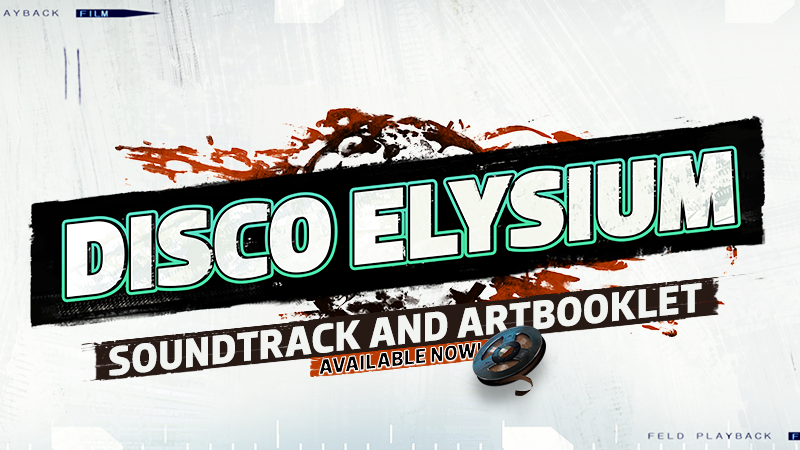


The Game Awards, the annual flurry of new game announcements interspersed here and there with bits of chit-chat and trophies, has come to an end for 2019. This year's event didn't really feel like it had any mega-blockbuster game reveals—no new Elder Scrolls game, or Mass Effect revivals—but there were certainly some big moments: Microsoft revealed a new Xbox, the Series X, and a new flagship game, Senua's Saga: Hellblade 2, and a new MMO set in the Magic: The Gathering universe is on the way, which could be fun.
And yes, there were award winners, too: Quite a few of them, in fact, and some honest surprises, foremost among them that Death Stranding didn't run away with the whole thing. It did well, winning three awards including Best Game Direction, but the big dog this year was actually the outstanding detective RPG Disco Elysium, which claimed four trophies. Yet neither was selected as Game of the Year.
Which game earned top prize this year? Read on to find out. And don't miss our rundown of all the new trailers that appeared at The Game Awards right here.